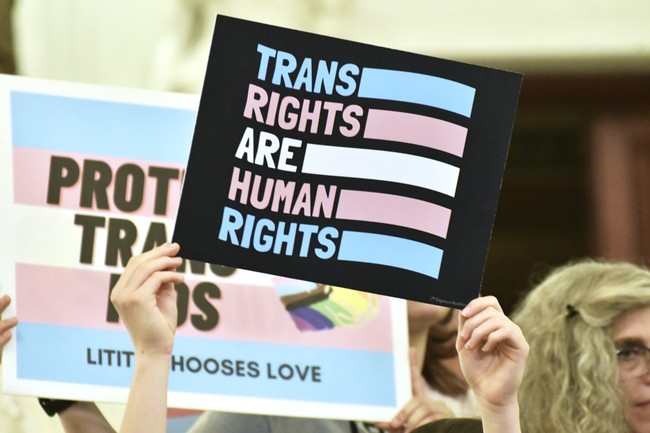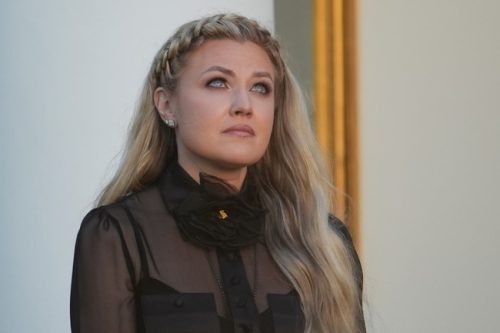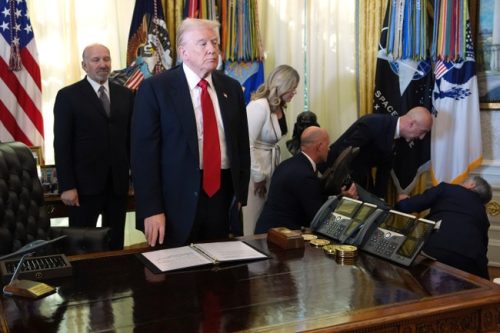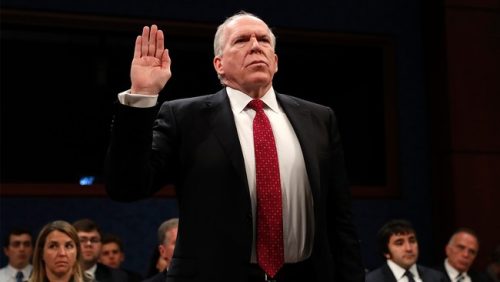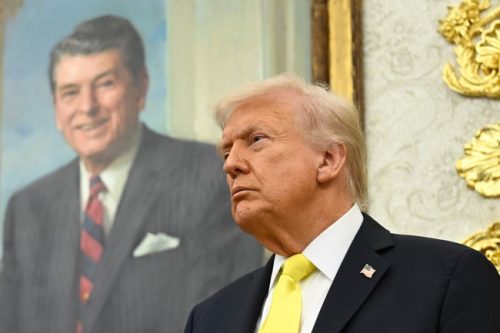British broadcaster Martine Croxall grabbed attention when she ignored an autocue and used the word “women” instead of “pregnant people,” touching off a debate about impartiality, language, and newsroom culture. The BBC’s Executive Complaints Unit concluded her on-air reaction breached impartiality rules, even as public reaction split between applause and outrage. This episode highlights the clash between traditional reporting, woke terminology, and how editors police language in live broadcasts. It also echoes broader political debates about identity, free speech, and editorial judgment on both sides of the Atlantic.
Martine Croxall’s choice was simple and direct: she said “women” where her script read “pregnant people.” That small switch and a visible facial expression during a live segment went viral and drew intense scrutiny. For many viewers the moment felt like common sense; for others it looked like a deliberate statement on a sensitive cultural issue.
The BBC’s internal inquiry focused on impartiality and perceived expression of view. The Executive Complaints Unit judged that her face and phrasing conveyed a controversial stance on transgender issues. The decision to flag her delivery as a problem shows how newsrooms are increasingly policing not just what is said but how anchors physically react on air.
In the live introduction Croxall did not follow the autocue, and the line that aired was: “Malcolm Mistry, who was involved in the research, says that the aged, pregnant people — women — and those with pre-existing health conditions need to take precautions.” That exact wording circulated widely and became the centerpiece of debate about accuracy, sensitivity, and editorial control. Supporters praised her for speaking plainly; critics accused her of taking a political stance on air.
A newsreader who went viral after she made a face while changing the word “pregnant people” to “women” during a live broadcast has been found to have broken BBC impartiality rules.
Martine Croxall made the expression as she changed her script in an introduction to an interview with an assistant professor about groups most at risk during UK heatwaves.
Croxall won a legion of fans following the live broadcast, including author JK Rowling.
The broadcaster’s Executive Complaints Unit (ECU), however, considered her facial expression expressed a “controversial view about trans people”.
The decision comes during a difficult week for the corporation, following revelations by The Telegraph of a damning memo written by one of its own advisers.
Among multiple criticisms was the claim that the broadcaster’s coverage of transgender people was subject to “effective censorship” by specialist LGBT reporters who refuse to cover gender-critical stories.
Croxall’s moment sparked a classic culture war reaction. Some commentators and viewers treated it as a welcome stand for clarity and linguistic common sense. Others saw it as exclusionary and insensitive to trans people, insisting that inclusive phrasing matters in public health reporting.
🚨BBC UPHOLDS COMPLAINT AGAINST PRESENTER WHO SAID PREGNANT WOMEN
Presenter Martine Croxall corrected her script from 'Pregnant People' to 'Pregnant Women' in a now famous viral clip
The BBC have UPHELD TWENTY COMPLAINTS against her
This is INSANE
The BBC are AWFUL pic.twitter.com/grHLrQSDsa— Basil the Great (@Basil_TGMD) November 6, 2025
High-profile support arrived quickly, and the episode gave rise to new allies as well as fierce detractors. One admirer called Croxall a standout example of a presenter willing to push back against woke language. That visibility intensified the scrutiny from both inside and outside the corporation and fed the narrative of a newsroom under pressure from competing factions.
Internal sources suggested the BBC’s decision to label the incident a breach did not lead to a formal reprimand, and some staffers privately said the episode may indicate a shift toward common-sense reporting. Those comments hint at tension inside the organization between bureaucratic rules and everyday journalistic instincts. The debate is less about one sentence and more about who sets the tone in editorial meetings.
This moment in British broadcasting mirrors conversations in the United States, where debates over gender terminology, editorial independence, and political pressure have become standard fare. Across media outlets, producers and anchors wrestle with whether to prioritize inclusive language or stick to descriptive terms that many viewers expect. The result is newsroom discomfort and a stream of headlines that distract from reporting the facts people need.
Whether you see Croxall as a lone defiant reporter or as someone who crossed an editorial line, the incident exposes a larger question: should broadcasters police small shifts in language with formal complaints and investigations? For many conservatives and traditionalists, the answer is no, and they argue such policing chills honest reporting. For others, the matter is about protecting vulnerable groups and avoiding language that excludes.
The controversy over two simple words shows how powerful language has become in shaping public debates. News organizations will keep walking that tightrope between neutrality and social responsibility, and viewers will keep judging them for it. The Croxall case will likely be cited again as an example of where newsroom rules, public opinion, and cultural change collide.

